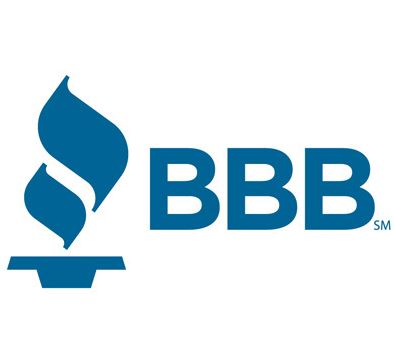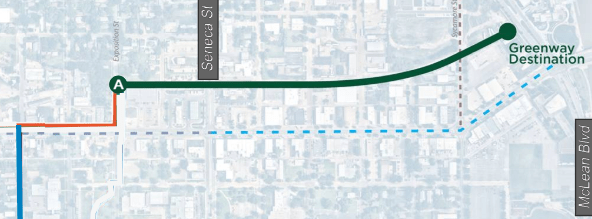The Better Business Bureau is warning against an uptick in scams as the midterm elections approach.
Scammers that work this particular angle prey on the emotions surrounding tense, hot-button issues; be it through phony polls and surveys or fraudulent candidate donations.
The BBB is offering tips on how to spot common cybersecurity threats so you don’t become a victim of scams.
Common Email Scams:
It can seem like once a candidate or political party gets your email address, you hear from them every time you check your inbox. They need your help; they want to know your point of view through a poll or survey. They urge you to support their efforts and impact the future by donating, participating or sharing information.
Scammers will often mimic campaign emails to compromise your online safety.
You might receive a poll, survey or donation request that’s really an attempt to steal your personal information. What looks like a legitimate donation request might actually be an attempt to gain access to your bank account.
Before you donate or give personal information, research the organization that reached out, and be wary of people who try to rush you to make a decision.
Be especially careful of emails with links. Phishing emails might include a link that takes users to a spoofed version of a candidate’s website or installs malware on your device. Use BBB’s tips for spotting an email scam to be sure it’s real.
If you want to receive more information or visit a site, it’s better to type the official website address into your browser. You can also hover your mouse over hyperlinks and compare the web address that pops up with the legitimate web address.
Common Phone Scams:
Actual campaign supporters call people to conduct surveys or solicit donations. Scammers often do the same thing.
Criminals pretending to be affiliated with your party or candidate might try to scam you over the phone by asking you to:
- Answer survey questions– then ask for your personal information like your social security number or birthdate. Sometimes they also offer a prize or gift card in exchange for your time. They may ask you to give a credit card number to cover shipping. Learn how to identify a fake survey.
- Donate funds – and if you give them your account information, they’ve got you. Learn about donating wisely to a crowdfunding campaign.
- Register to vote – Fraudsters might say you’re not registered and offer to help you with the process over the phone, then steal personally identifying information. Here’s how to verify your voter registration.
It’s common for actual candidates to use pre-recorded messages to reach out to the public. Scammers sometimes use voice cloning to make it sound like an authentic message from a candidate and persuade people to donate or share info. After hearing the message, people are redirected or transferred to someone ready to take down their information and use it for nefarious activities.
“Smishing”:
Smishing is similar to email scamming, only messages are sent via text. Citizens might receive a message that looks like it came from a trusted source, inviting them to participate in a poll or make a donation. Scammers might be out to get your passwords, account numbers, social security number or other data. Read more about smishing and how to identify a fake text message.
Another type of scam happens when con artists send a text about a fake problem. For example, an individual might get a text that looks like it came from their bank, asking if they really made a donation to a candidate, organization or party with a prompt to reply “yes” or “no.” If the person replies no, the scammer calls them and asks for their account login, numbers or password to investigate or dispute the transaction. This is an attempt to give up sensitive information. More about fake bank texts.
There’s also the text-your-vote scam. Con artists send text messages urging people to text their vote rather than voting in person or by mail. When voters believe them, they don’t show up to actually vote, and their chance to participate in elections is lost.
Midterm election cybersecurity tips:
- See prizes as a red flag. Legitimate pollsters don’t usually offer a prize for completing a survey.
- Know what pollsters don’t need. They might ask for demographic information or what party you most align with, but they don’t need personal information like birth dates, social security numbers or financial information. No state offers voter registration by phone.
- Don’t answer unknown numbers. Con artists can’t trick you if they can’t get in touch.
- Listen to your gut. If something seems off, protect yourself. If in doubt, check with your local election office.
- Don’t provide information in response to an unsolicited message.The entities that need your account and personal information already have them.
- Report suspicious activities to BBB’s Scam Tracker.
BBB provides tips for understanding and managing cybersecurity risks during the 2022 midterms and every other season. To learn more, check out our cybersecurity resources page.








